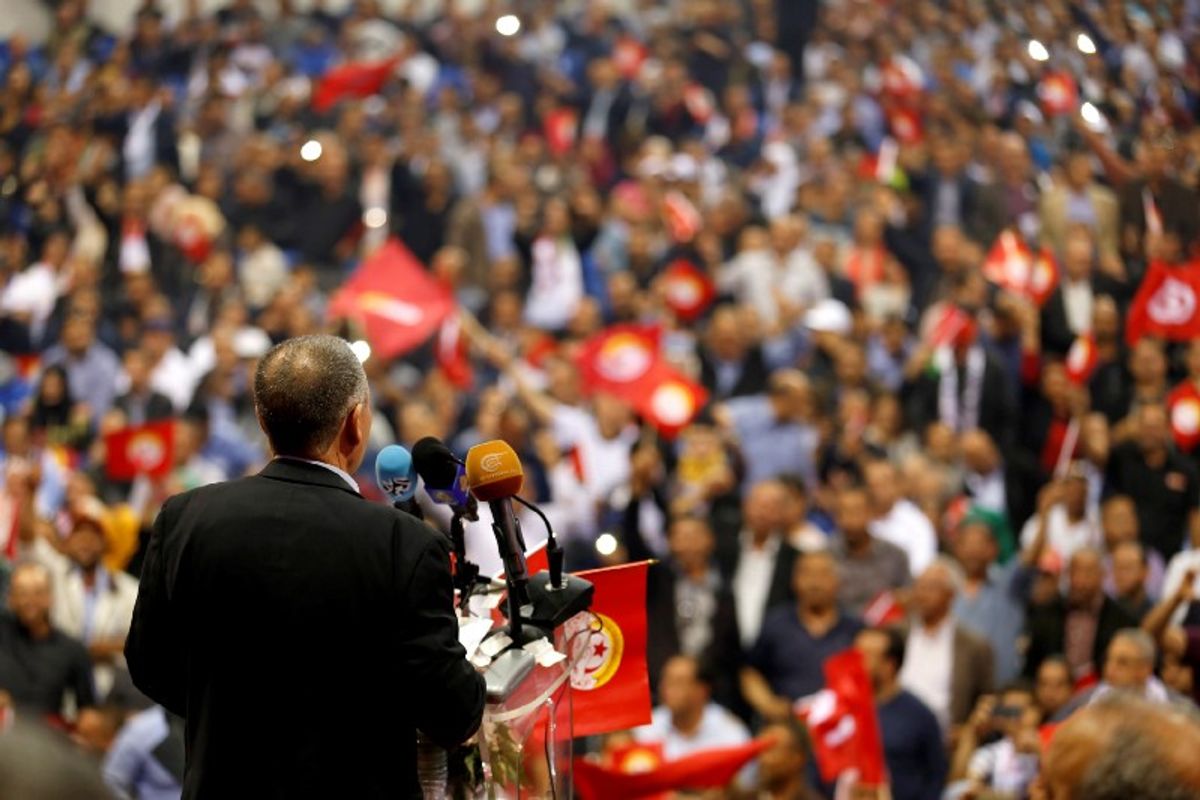We’ve written a lot in recent months about how and why democracy is losing its luster globally, as people grow frustrated with dysfunctional governments and social polarization. Well, over the weekend, Tunisians cast ballots in the first municipal elections in their country since the overthrow of despot Zine el-Abidine Ben Ali in 2011 sparked the Arab Spring.
These long-postponed local votes were meant to be a major democratic milestone in a country whose people have long chafed against highly centralized rule. Thousands of candidates registered from dozens of parties, as well as independents. All good news. But in the end, barely a third of voters showed up. What’s going on?
Of the countries that went through the 2011 Arab Spring, Tunisia is the only one that has managed to achieve and maintain a democracy–a remarkable achievement given that Egypt is a dictatorship again, Libya is a badly fractured and enfeebled state, and Syria has seen seven years of bloodletting.
But Tunisians are losing faith in the promise of their democracy. Why? Economic growth is stagnant, youth unemployment tops 30 percent, and austerity policies meant to improve things over the long term have visited fresh pain on the population. Meanwhile, government dysfunction, failure to tackle corruption, and gaping disparities in regional wealth are fanning broader discontent. Some worry that nostalgia for the Ben Ali days is rising, and disillusioned young men have joined the ranks of ISIS at the highest per capita rate of any country in the world.
Although a slim majority stills sees representative democracy as the ideal system, more than 80 percent of Tunisians say the country is going in the wrong direction, and barely a third say they are satisfied with how democracy is working for them right now.






